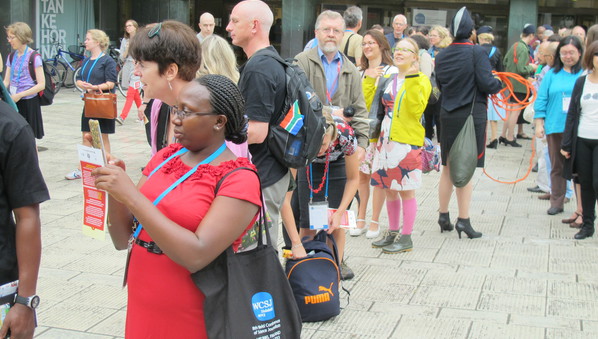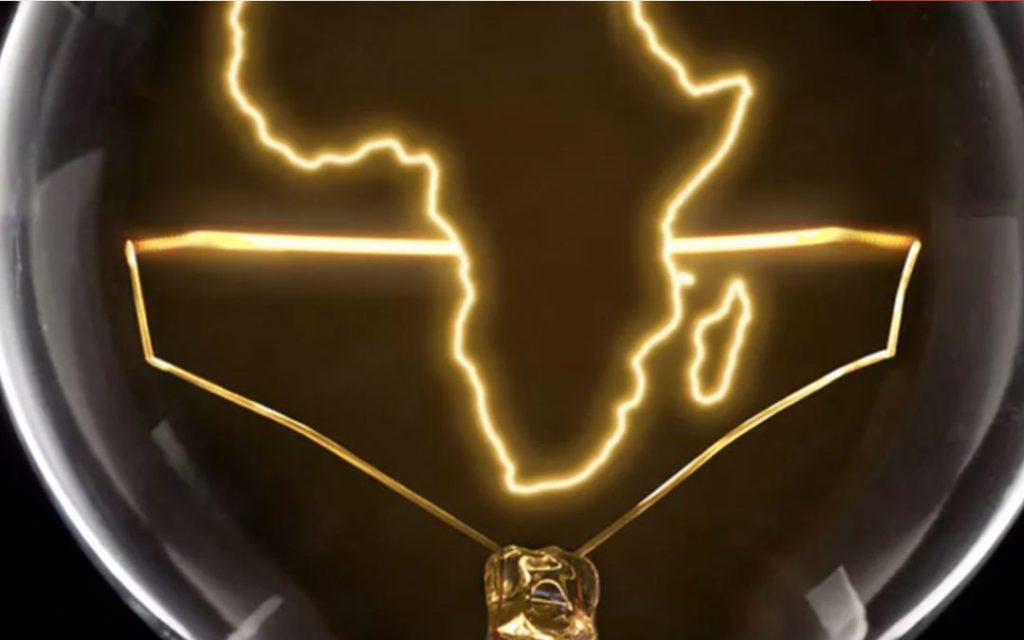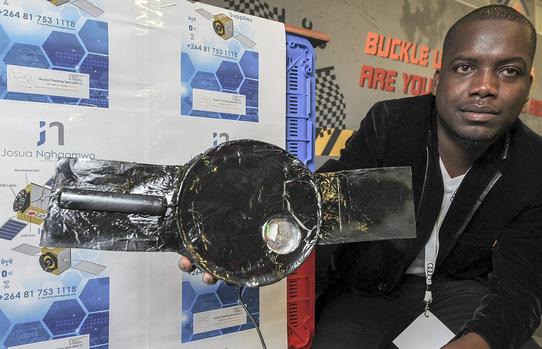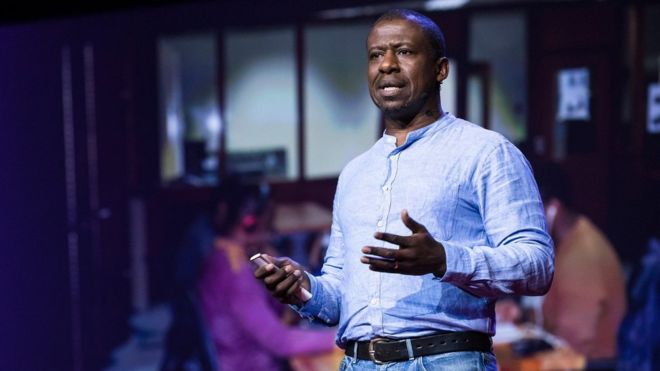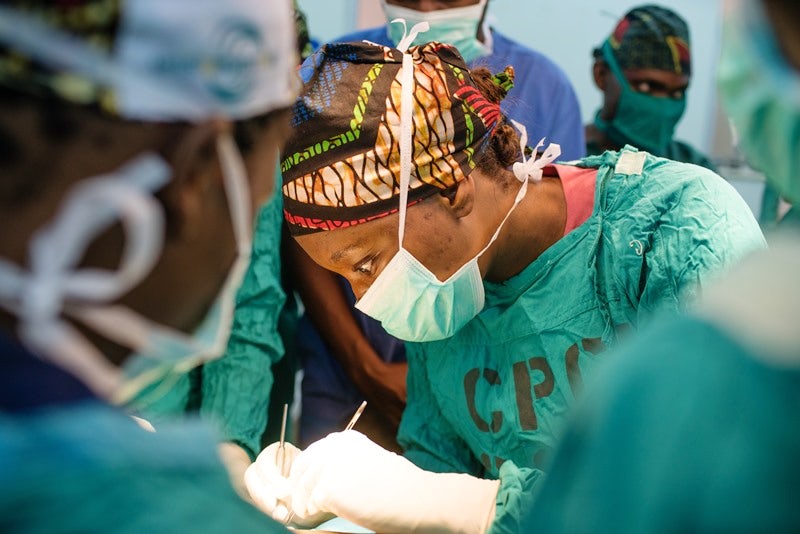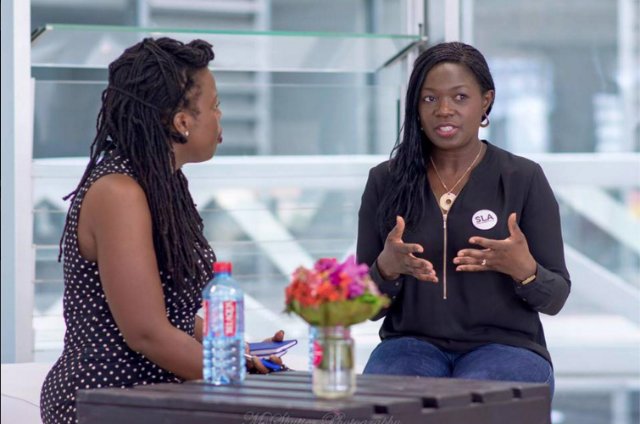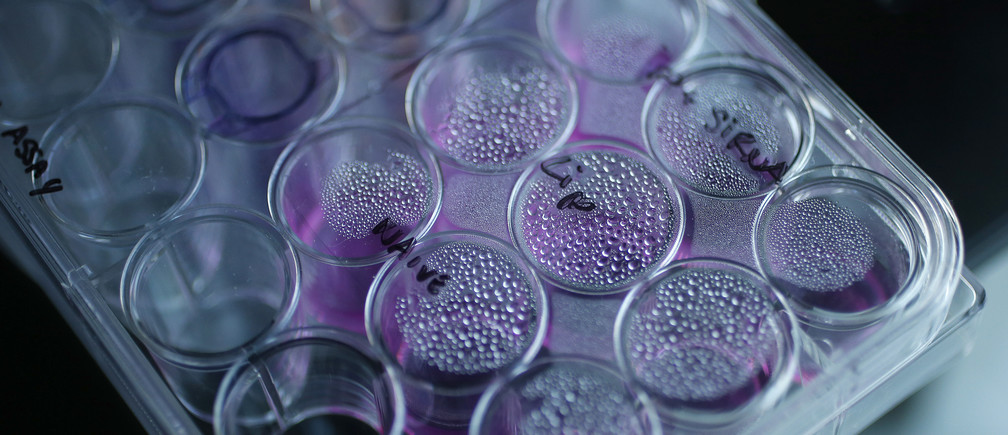Earlier this month, a two-year programme was launched, with an aim to build capacity of science journalists and improve science coverage in Africa, recognising the important role of science journalism in promoting Africa’s socioeconomic development. Sam Otieno in scidev, writes that the project will focus on strategic areas of the AAS including health and wellbeing, climate change, food security and […]
Read More… from Initiative to build African science journalism capacity

